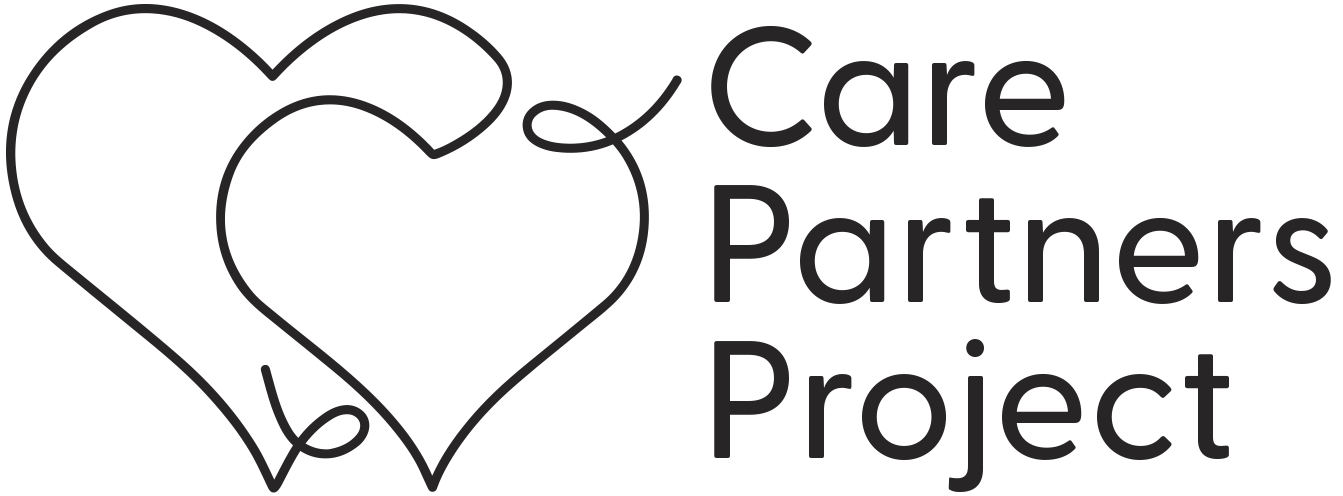
The Recovering Caregiver
Understanding Your Journey
When do you identify as a Recovering Caregiver?
It’s a transition that can happen in various ways:
After the loss of your care recipient: This can be a particularly challenging time as you navigate grief and the absence of your caregiving role.
When your care recipient is independent: As they regain their ability to care for themselves, you may experience a sense of relief and a shift in your responsibilities.
When your care recipient transitions to a different care setting: This could be a long-term care facility or a different living arrangement, marking a significant change in your caregiving duties.
What’s Next?
Reflecting on your journey as a caregiver is essential. You’ve likely made countless sacrifices, dedicating much of your time, energy, and resources to caring for someone else. Now, it’s time to focus on your own well-being.
The main thing is you don’t need to start over. It’s time to build your life into a new experience that you can enjoy. Schedule time to wrap up the loose ends and close out the needs of the patient and their lives. Then transition to what you want and need. Identify your anxiety or exhaustion. Enjoy the new pace and priorities.
Here’s what you can do:
Prioritize self-care: Take time for activities that bring you joy and relaxation.
Seek support: Connect with others who understand your experiences, whether through support groups or counseling. Rekindle friendships that may have taken a back sear.
Explore your interests: Discover new hobbies or passions to enrich your life.
Set boundaries: Learn to say “no” and establish healthy boundaries to protect your time and energy.
Show gratitude to those who became a part of your life and supported you.
Tools for Recovery
Our Planner and App can help you:
Reflect and journal: Document your thoughts, feelings, and experiences.
Set goals: Establish personal and professional goals to guide your recovery.
Track progress: Monitor your mood, activities, and achievements.
Connect with others: Stay in touch with friends, family, and support networks.
Continue to use the Planner for yourself. You are used to the organization but redirect the monthly, weekly and daily for just you. Dig deep with the questions, review monthly goals, brainstorm, color, give yourself a time every day to answer the daily questions. What was your win? What was you challenge? There is plenty of space to journal. This is your time to heal.
Use the App to stay connected to those who were entwined in your life. Continue to share wish lists, notes, and schedules. They love you and you are important to them. They are now your support resource.
Moving Forward
Remember, it’s okay to grieve the end of your caregiving role. Allow yourself time to process your emotions and find healing.
Here are some additional tips:
Seek professional help: If you’re struggling with anxiety, depression, or other mental health issues, consider seeking therapy.
Join a support group: Connect with others who have similar experiences and can offer empathy and understanding.
Take care of your physical health: Prioritize exercise, nutrition, and sleep.
Do you know someone who could benefit from our Planner and App?
Share this resource with them and help them on their own journey of recovery.

